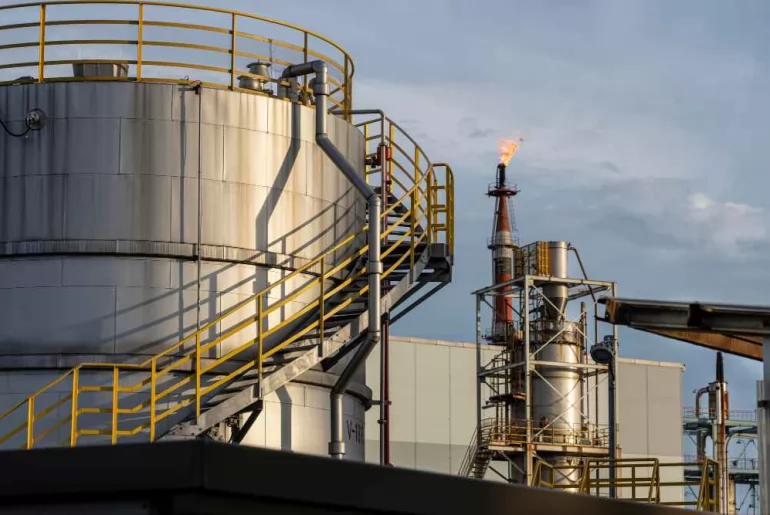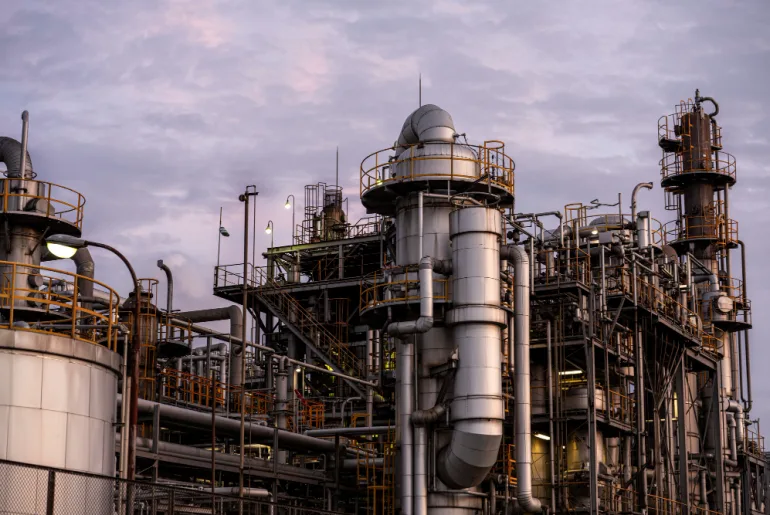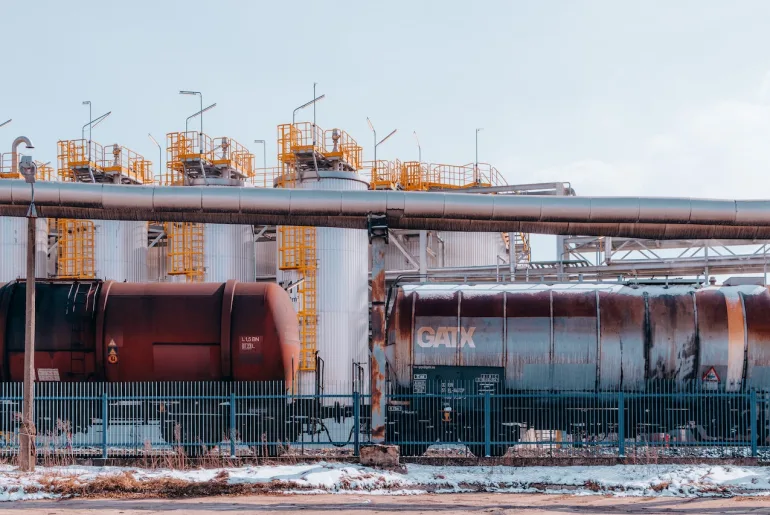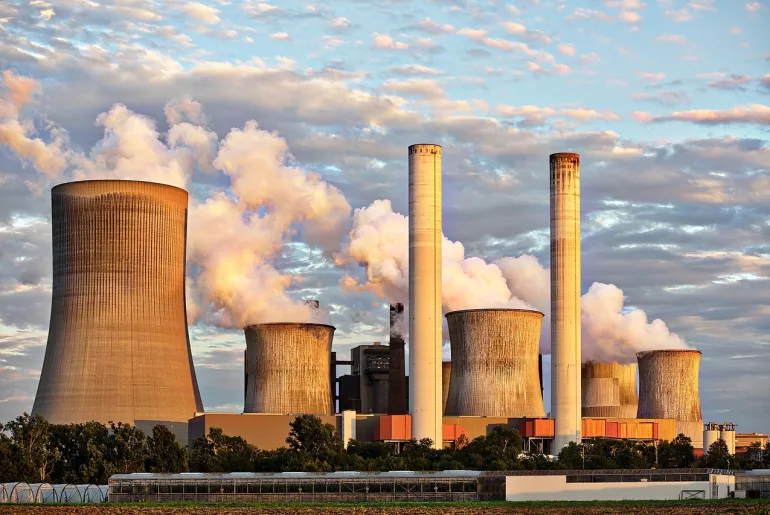The oil and gas industry has various issues when it comes to managing risks connected with equipment operation and maintenance. If the possible hazards in this industry are not addressed appropriately, they might cause serious safety and environmental problems. Risk-Based…
API 581, the Risk-Based Inspection (RBI) methodology, provides valuable advantages to the oil and gas sector. Through the adoption of this industry standard, companies can greatly improve their management practices concerning equipment integrity. The key benefit of API 581 lies…
In the field of engineering, the utmost priority lies in ensuring safety and reliability. Among the array of tools and methodologies employed for safety, Failure Mode and Effects Analysis (FMEA) holds a significant position. FMEA serves as a robust instrument…
Having a thorough understanding of damage mechanisms is crucial for damage mitigation and risk-based inspection. Whether it pertains to petrochemicals, chemicals, power plants, or the oil and gas industry, possessing a comprehensive knowledge of the processes and factors that contribute…
Exploring the realm of API Risk-Based Inspection, this article delves into the relevant standards and benefits of this systematic approach. Unveiling how industries like oil and gas, petrochemicals, and power can harness API codes to enhance safety, efficiency, and informed…
In the ever-changing realm of industries reliant on machinery and assets, the reliability and durability of equipment stand as paramount concerns. Addressing these concerns, API 580 emerges as a foundational guideline that has continuously adapted to technological advancements and real-world…
API 580, known as the Risk-Based Inspection (RBI) certification exam, plays a crucial role in ensuring safety, reliability, and adherence to standards in these industries. In this article, we will provide clarity on the certification process, eligibility criteria, exam specifics,…








